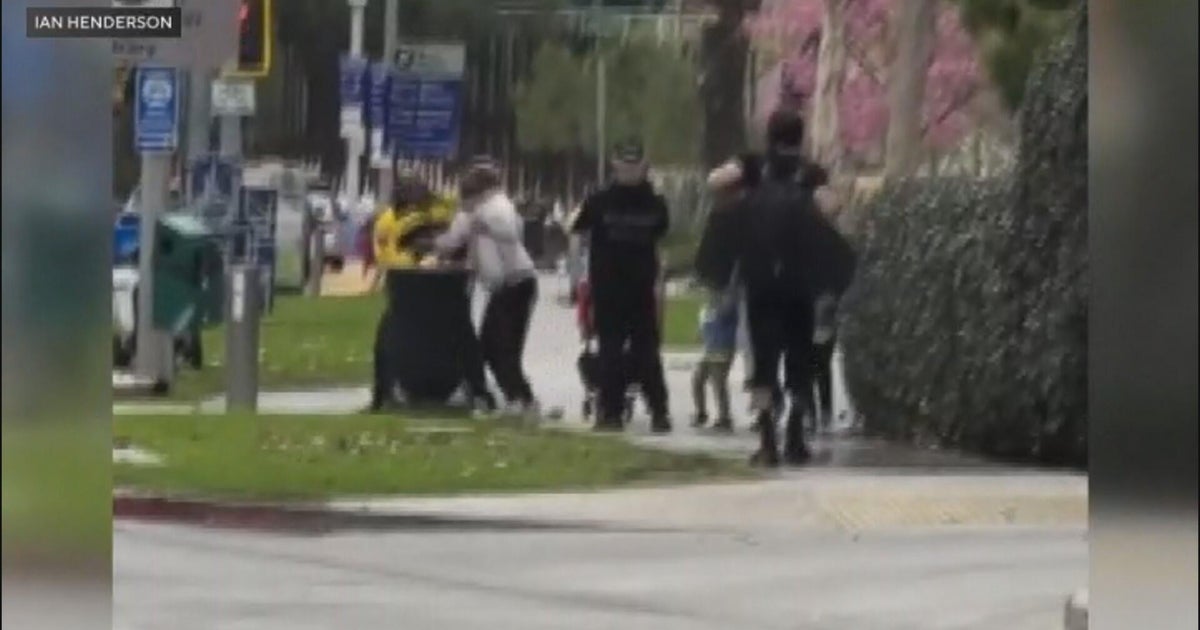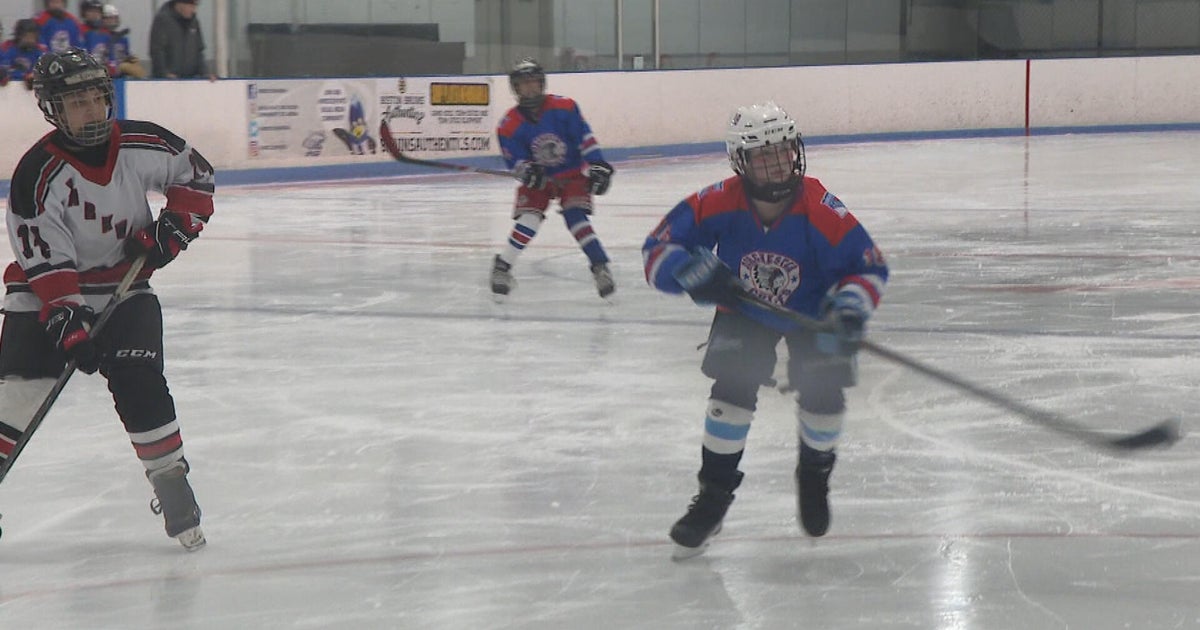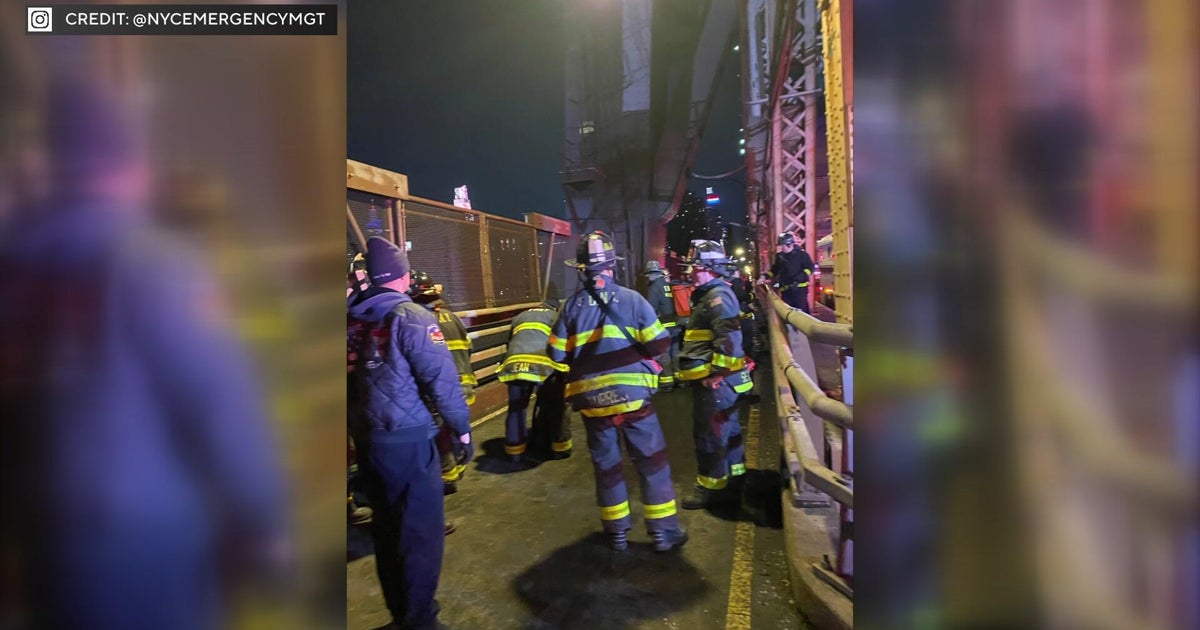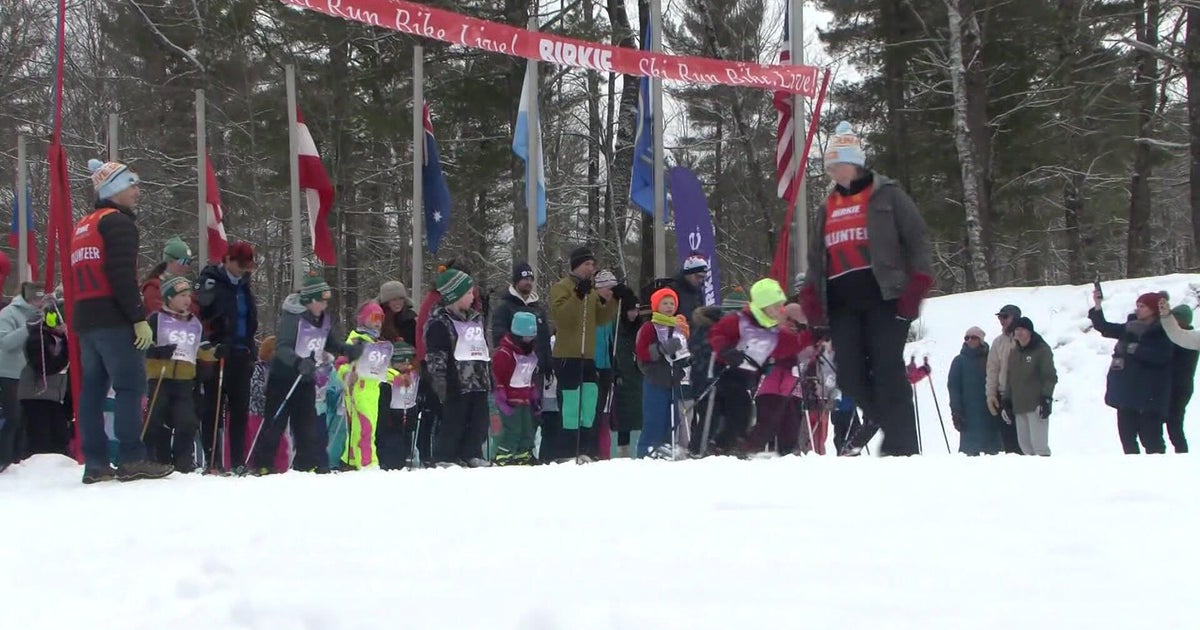Boston Marathon Runners Receive CPR Video For Race
BOSTON (AP) — Carleton Smith emailed a handful of his friends Friday, wishing them luck as they get ready to run Monday's Boston Marathon.
The 66-year-old runner from Metairie, La., also is hoping they'll look at another email in their inboxes.
For the first time, all Boston marathon runners will get an email from race organizers with a video link about hands-only CPR. Race officials say the technique could help keep alive a runner who goes into cardiac arrest on the 26.2-mile course.
Smith did just that in Boston's 2010 marathon.
He started struggling at mile 16, but felt better after walking for a little while, he said Friday. His son was running beside him, with the idea that they would hold hands as they crossed the finish line.
But Smith said he doesn't remember anything after mile 22. He collapsed at mile 25, and he said his son gave him a few rescue breaths before a doctor who was watching the race jumped a barricade to help. Rescuers were seconds away and took over efforts to revive him.
Smith said they got his heart beating again and he awoke and started answering their questions on the way to the hospital.
Two years later, he's back to running 30 miles a week and already has finished a half-marathon. While he won't be running in Monday's event, Smith said he encourages all participants to check out the email about hands-only CPR.
"If you don't have the time to watch this video and something happens Monday morning, you're going to say, 'I could have saved someone's life,'" he said. "... Everybody in this world depends on somebody else. ... Get involved. That's what it's all about."
Read: How To Recognize & Avoid Heat Stroke
The education initiative follows a study that The New England Journal of Medicine published in January that found CPR from bystanders was the most important factor in the survival of runners whose hearts stopped during marathons.
The study looked at cardiac arrests among runners of marathons and half-marathons from 2000 to 2010. Researchers interviewed the runners or their survivors and looked at medical records. Of nearly 11 million runners, 59 suffered cardiac arrest in the long-distance races and 42 of them died.
Aaron Baggish, a cardiologist for Monday's race and the principal author of the study, will lead hands-only CPR demos for runners at a weekend expo ahead of the race. Other medical team members of the Boston Athletic Association, the nonprofit that manages the marathon, also were part of the study.
Baggish said the goal is that hands-only CPR could bridge the gap between when a runner collapses and when trained rescuers arrive.
"It's one of those things you hope you don't get to test, but if you do, you hope it works," Baggish said. "This is really the best way of giving someone a chance."
Starting in 2008, the American Heart Association began recommending that untrained bystanders use only chest compressions when an adult victim collapses and isn't breathing. They advise people to call 911 before pushing hard and fast on the center of the victim's chest.
Baggish said the goal is to do 100 compressions a minute, pressing at a depth of 2 inches.
George Chiampas, the medical director for Chicago's marathon, said race organizers there certified more than 250 race team leaders in CPR ahead of last year's race and also educated volunteers about hands-only CPR. Organizers for Chicago's race may take a cue from Boston's event and send a hands-only CPR video to their runners this year, said the doctor, another co-author of the recent study.
"We may even use Boston's video and put a Chicago spin on it," he said.
___
Online:
Boston Marathon's hands-only CPR video: http://www.youtube.com/watch?v=pjY5d7zupVY
Copyright 2012 The Associated Press.







